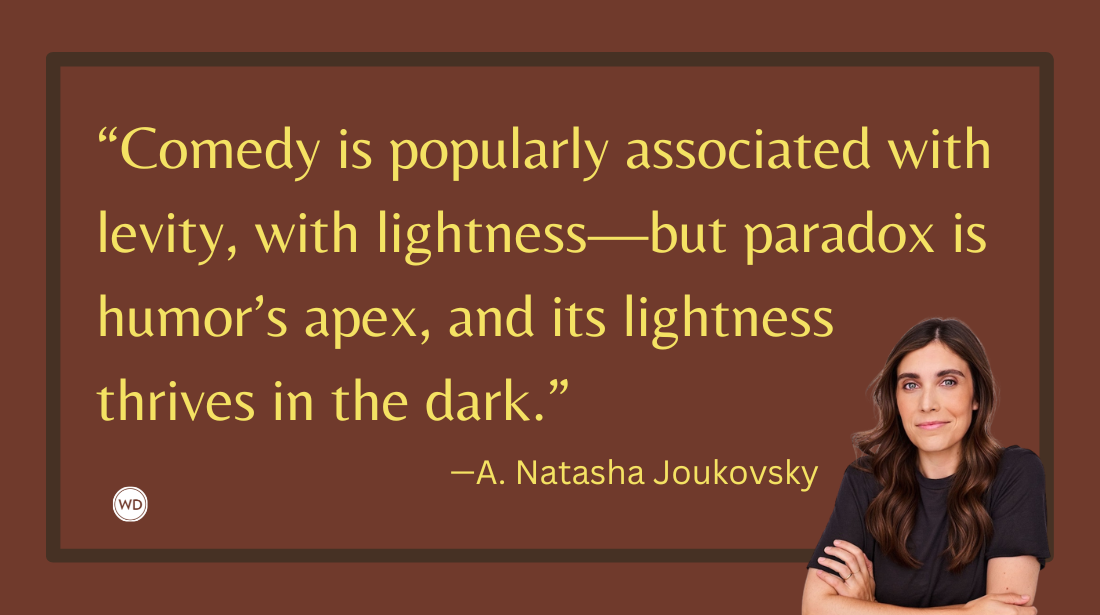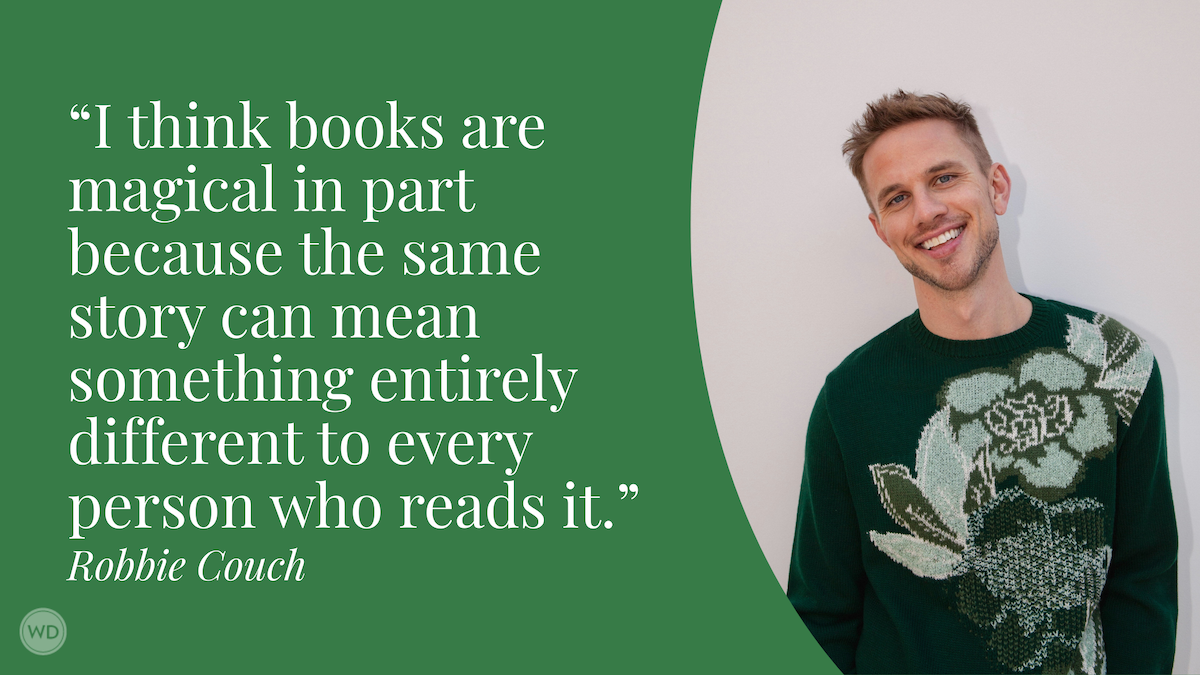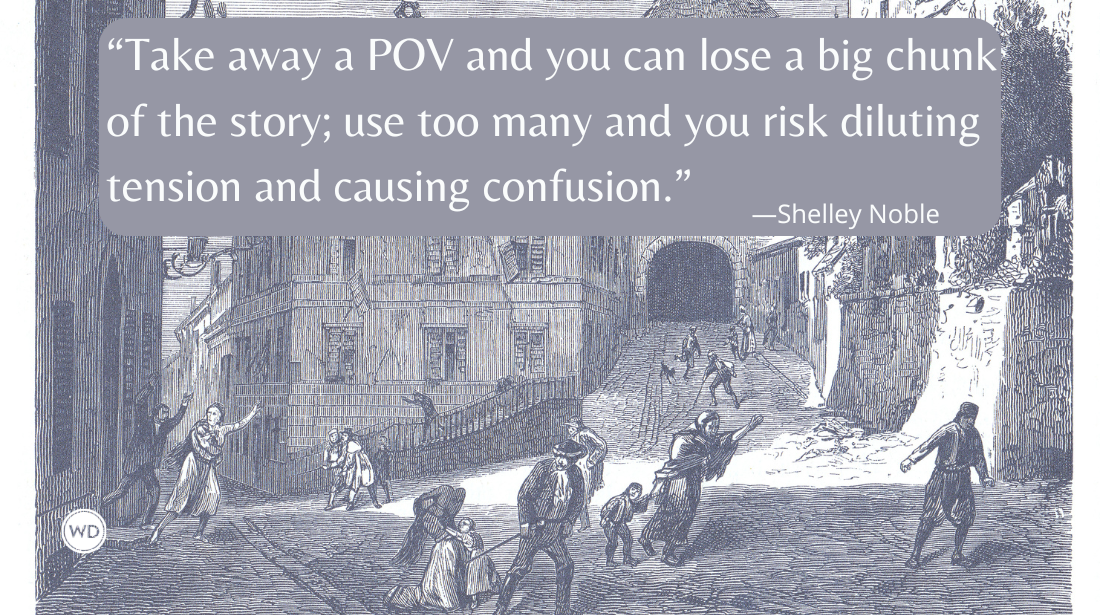A Three-Step Preliminary Acid Test of Whether You Might Be a Good Fiction Writer
Can you become a good fiction writer? It’s a prudent question to ask before diving in. Try this three-step test to see if you’re ready to take the plunge.
Anyone who has contemplated the time and effort needed to become a serious writer of fiction undoubtedly has wondered whether he or she has the right stuff to be good. After all, competition is stiff. A brief wander through bookstores or online leaves an aspiring author with an overwhelming sense of the daunting challenges ahead.
First, there’s the challenge of being good enough to obtain an agent, publisher and publicist—or justify the process of self-publishing. Then once you’re published, you are competing with the likes of Mark Twain, Dostoevsky, and Nobel laureates for literature. There are some 30 million books already in print. What are the odds of someone buying your book?
Can you become a successful writer of good fiction? It’s a prudent question to ask.
Here is a three-step acid test for a preliminary idea of whether you might have the right stuff. It’s not a complete or a sure-fire indicator of success. This acid test for some (Mark Twain, for instance) will show clearly the ability to tell fictional stories. And some writers might fail, yet still become world-class fiction writers. (Dostoevsky maybe? I’m guessing he would fail Step 1.) Nevertheless, these three steps might help you test and assess your potential.
Step 1: Successfully tell a joke to a group of at least four people.
A joke involves telling a story, in a manner that pleases and fulfills with an unexpected ending, to a group of people with varying tastes. So does fiction writing.
The joke you tell doesn’t have to be an original piece; you’re not applying for a comedy writer job. The joke, like any story, must establish quickly and effectively a setting, interesting characters and an engaging plot with an unexpected ending that successfully gives pleasure to people with a variety of sensibilities, i.e. senses of humor. The other challenging aspect of this test is that humor is not a particularly easy thing to convey.
Telling a joke to at least four people will provide a quick test of whether you’ve mastered an acceptable degree of story-telling ability to engage an audience with a variety of tastes and viewpoints. In case you’re not sure, at the end of the joke the four people are supposed to be surprised and laugh appreciatively. Uproariously is even better.
And if you bomb, remember that every professional comedian has bombed too. Remember also that they then work even harder to improve their storytelling skills.
Step 2: Write a good piece of Flash Fiction.
“Telling jokes is all well and good,” you might say, “but I want to write fiction, not do standup comedy.”
That is why there is step two. Write a story of less than 1,000 words that establishes quickly and effectively a setting, interesting characters and an engaging plot with an unexpected ending that successfully gives pleasure to people with a variety of viewpoints. (Sound familiar?)
Step two not only tests your capacity for storytelling, but also your writing craft and editing ability. Bear in mind that before this form was labelled “flash fiction,” it was called the “short-short story.” When you compose your piece of flash fiction, write a complete story. Don’t just write (as many flash fiction writers currently do) about a feeling, a setting, or a hanging situation that merely sets up something more conclusive. Write a story plot with a beginning, a middle and an ending resolution involving characters in their setting.
This short form will demonstrate your ability to choose and edit words for maximum utility and effect. It also tests your capacity to write a larger piece. A novel is essentially a collection of shorter pieces coherently and evocatively cobbled together to form a larger work that establishes quickly and effectively a setting, interesting characters and an engaging plot with an unexpected ending that—well, you know the rest.
The test results will come from reading the piece to as many people as possible. Gauge their reactions closely and discount praise if you use liquor and food to persuade them to give critiques. Getting it published online means a gold star.
Step 3: Write the first and last chapters of your novel.
Take a bold shot at writing the first and last chapters of your lasting contribution to the body of edifying literature. They are the two that count the most.
The first chapter is what a prospective agent, publisher or reader is going to judge initially. It’s got to be pretty darn good. The last chapter will solidify a reader as a fan who will buy your next book. This chapter, not surprisingly, has to be pretty darn good.
The test of writing these two chapters establishes: 1) you have the discipline necessary to conceive and start writing a novel; 2) you have at least the nascent ability to draft the most strategic chapters; and 3) you have such an intense desire to become a writer, you’re even willing to finish this test.
Test Results:
If you’re not willing or able to do this acid test, you might want to think twice about being a serious writer of fiction. If you can’t handle a joke, you may not be willing to put up with the publishing process. If you can’t write a tight 1,000 word piece, the odds of writing a good novel are not promising. And if you can’t draft the two most essential chapters of a longer concept piece, a completed work will never happen.
Few things in life are guaranteed, and far fewer in the world of publishing. But if you successfully complete the three steps of this acid test, it’s a positive indication that you have sufficient promise to justify trying to be a fiction writer. And it might just give you the sense of confidence you need to take the leap and carry on writing.
But if you don’t pass this test, I say keep writing anyway. I suspect Dostoevsky would.
Joel Gordonson is the author of The Atwelle Confession and That Boy from Nazareth: The Coming of Age of Jesus of Nazareth. Along with being a novelist, he is a successful international attorney. With law degrees in the United States and from the University of Cambridge, he has published scholarly works in legal publications while writing fiction on the side. In addition to writing, he has done extensive public speaking including decades of appellate arguments, seminars, speeches, and media appearances. "Home" is divided between the Pacific Northwest and Southern California. For more information, please visit http://joelgordonson.com/









